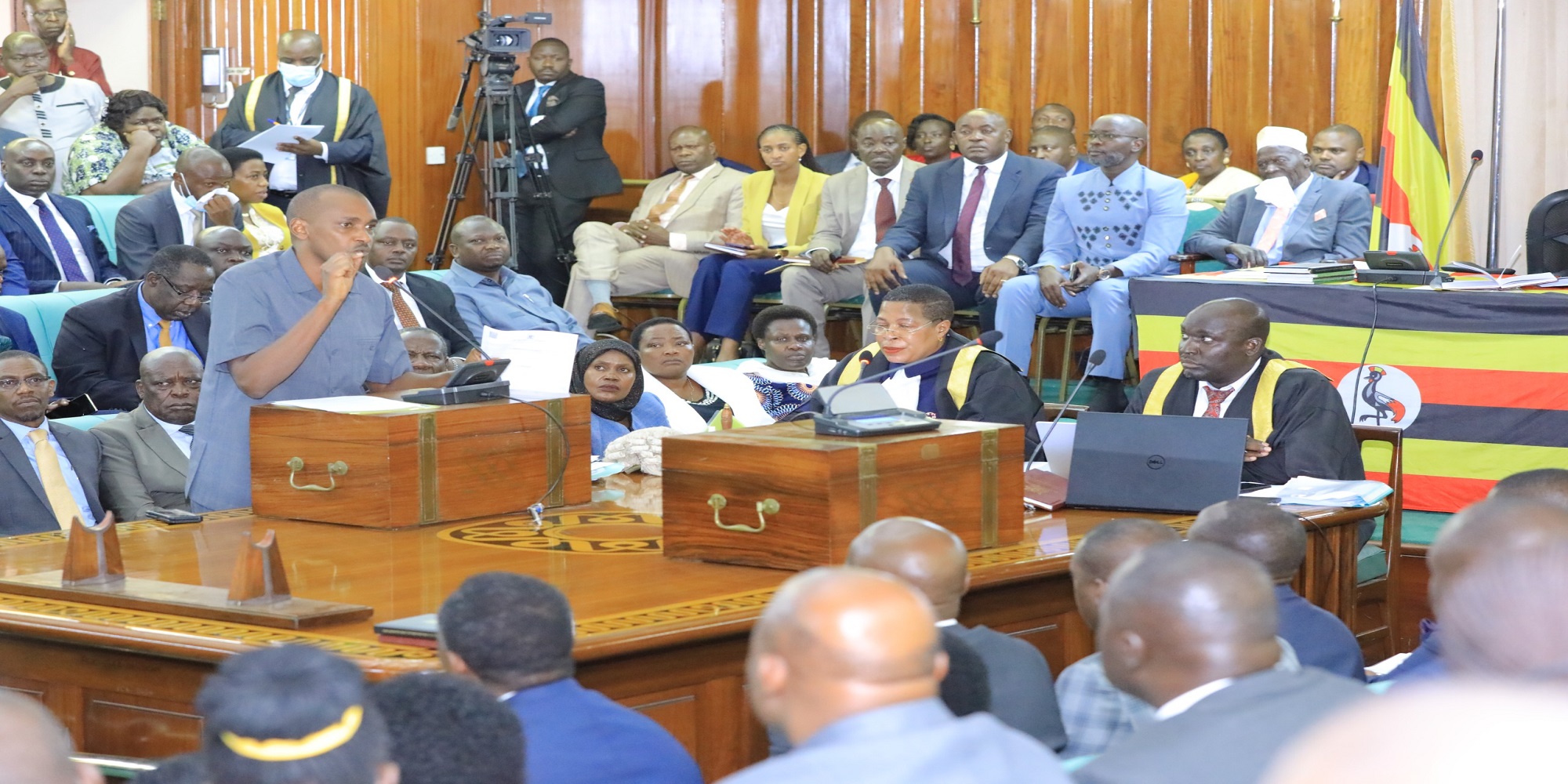Raphael Okiot, a young lawyer with a passion for justice and human rights left home early in the morning, hoping to make the best of his day.
His journey and life were cut short at Nkumba, along Entebbe Road, when a heavy truck failed to brake and smashed into his Mitsubish vehicle at the traffic lights.
Videos of the grisly accident have been making rounds on various social media platform.
A confident but calm person, Okiot was husband to Faith Irene Kwagala, the Grade I Magistrate in Kyenjojo district.

He was also passionate about justice and human rights. He was said to be in his 30s. He was also a teaching assistant at the School of Law, Uganda Christian University (UCU) Mukono.
When suspects in the murder of AIGP Felix Kaweesi were re-arrested outside Nakawa Magistrates Court after they had been granted bail, Okiot, in an emotive piece in The Observer in 2017 codemned the practice.
Here is Okiot’s article
It is now a common trend in our courts for suspects who have been acquitted or released on bail to be rearrested by security operatives and be driven off to unknown locations.
The latest of this trend happened on November 7, 2017 at Nakawa chief magistrates’ court when four of the seven suspects charged with the murder of Afande Andrew Felix Kaweesi were rearrested by plainclothes persons shortly after being released on mandatory bail.
This trend is now forcing suspects released to stealthily flee from court premises for fear of being rearrested on apparently fresh charges against them.
The question, however, is: if the police, in its so-called investigations, deem it fit to bring fresh charges against these suspects, why wait until the suspects have been freed to arrest them again?
The answer to this question is that the police and other security agencies are blatantly abusing court processes. What is more appalling is that the director of public prosecutions, who is an officer of court, is complicit to this abuse.
Take the example of the seven Kaweesi murder suspects: for the past 180 or so days, the DPP has failed to commit them for trial before the High court (clearly because of lack of evidence to support the charges), leaving the magistrate with no other choice but to release the suspects on bail as required by Article 23 (6) (c) of the Constitution.
If police honestly had fresh charges against these suspects, why not bring them within the 180 days? Did the so-called investigations yield results on the day the suspects were to be freed?
Basing on this trend, clearly, the so-called fresh charges are not only malicious but also brought in utmost bad faith.
Surprisingly, judicial officers seem to be condoning the process of court to be abused with impunity. Court should be used properly, honestly and in good faith.
The judiciary should not only condemn these acts, but also join in to stop such abuse of the justice system.
Raphael Okiot
Editor-This article first appeared in The Observer newspaper of November 13, 2017.










